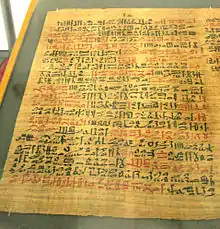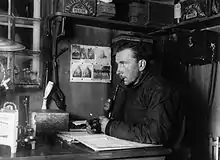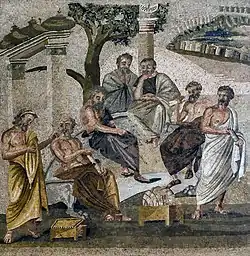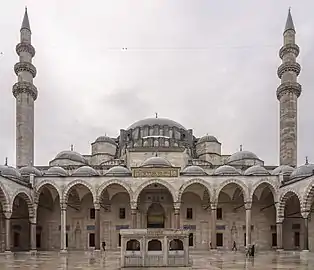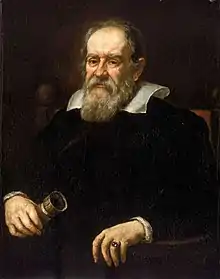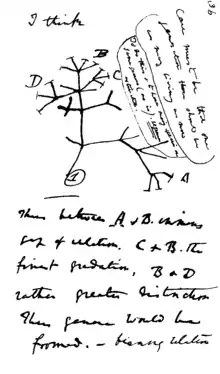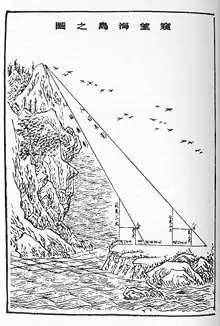Portal:Science
Science portal
Science is a systematic endeavor that builds and organizes knowledge in the form of testable explanations and predictions about the universe.
The earliest written records of identifiable predecessors to modern science come from Ancient Egypt and Mesopotamia from around 3000 to 1200 BCE. Their contributions to mathematics, astronomy, and medicine entered and shaped the Greek natural philosophy of classical antiquity, whereby formal attempts were made to provide explanations of events in the physical world based on natural causes. After the fall of the Western Roman Empire, knowledge of Greek conceptions of the world deteriorated in Western Europe during the early centuries (400 to 1000 CE) of the Middle Ages, but was preserved in the Muslim world during the Islamic Golden Age and later by the efforts of Byzantine Greek scholars who brought Greek manuscripts from the dying Byzantine Empire to Western Europe in the Renaissance.
The recovery and assimilation of Greek works and Islamic inquiries into Western Europe from the 10th to 13th century revived "natural philosophy", which was later transformed by the Scientific Revolution that began in the 16th century as new ideas and discoveries departed from previous Greek conceptions and traditions. The scientific method soon played a greater role in knowledge creation and it was not until the 19th century that many of the institutional and professional features of science began to take shape, along with the changing of "natural philosophy" to "natural science".
Modern science is typically divided into three major branches: natural sciences (e.g., biology, chemistry, and physics), which study the physical world; the social sciences (e.g., economics, psychology, and sociology), which study individuals and societies; and the formal sciences (e.g., logic, mathematics, and theoretical computer science), which study formal systems, governed by axioms and rules. There is disagreement whether the formal sciences are science disciplines, because they do not rely on empirical evidence. Applied sciences are disciplines that use scientific knowledge for practical purposes, such as in engineering and medicine.
New knowledge in science is advanced by research from scientists who are motivated by curiosity about the world and a desire to solve problems. Contemporary scientific research is highly collaborative and is usually done by teams in academic and research institutions, government agencies, and companies. The practical impact of their work has led to the emergence of science policies that seek to influence the scientific enterprise by prioritizing the ethical and moral development of commercial products, armaments, health care, public infrastructure, and environmental protection. (Full article...)
Featured article -
Selected image

Selected biography

However, much of Galen's understanding is flawed from the modern point of view. For example, he did not recognize blood circulation and thought that venous and arterial systems were separate. This view did not change until William Harvey's work in the 17th century.
More did you know...
![]()
- ...that Scientists and Engineers for America is an organization focused on promoting sound science in government, and backing political candidates who support science and its applications?
- ...that the 2004 Christmas Eve Snowstorm was the most significant snow event for South Texas since 1895?
- ...that Stanford professor Kate Lorig developed a peer-led chronic disease self management course which is the basis of the Expert Patient Programme of the British National Health Service?
- ...that walking fish can actually skip, crawl, slither, and even climb trees?
- ...that the Thanksgiving 1984 Nor'easter deposited a 197-foot Venezuelan freighter in the backyard of a Palm Beach, Florida socialite, where it remained for several months?
Topics and categories
Science News
- 5 April 2023 – Discoveries of exoplanets
- Scientists discover bursts of radiation in radio wavelengths on the exoplanet YZ Ceti b, which is part of the YZ Ceti system. The studies are published in the Nature Astronomy journal. (The Jerusalem Post)
- 1 April 2023 –
- Professor Alan Jamieson of the University of Western Australia's Minderoo-UWA Deep Sea Research Centre announces that his team has captured footage of a snailfish species, Pseudoliparis belyaevi, swimming at 8,336 metres (27,349 ft) in the Izu–Ogasawara Trench off Japan's southern coast. This is the lowest depth recorded for any fish, and closest to the estimated maximum depth possible for fish to survive. (BBC News)
- 27 March 2023 –
- Scientists discover lunar water samples in tiny glass beads from the Moon in studies published by the Nature Geoscience journal. (ABC News)
- 21 March 2023 – Astrobiology
- Scientists find the presence of uracil, one of the components of RNA, and vitamin B3 in the samples from asteroid 162173 Ryugu. (CNN)
- 20 March 2023 –
- Scientists discover ruins of a pearling town near Umm Al Quwain, United Arab Emirates. The town is considered to be the oldest ever found in the country, dating back to the 6th century. (Khaleej Times)
- 12 February 2023 – Asteroid impact prediction
- Researchers at the Konkoly Observatory in Hungary discover 2023 CX1, a 1-metre (3.3-foot) asteroid predicted to fall harmlessly as a fireball over the English Channel at 03:00 UTC, making it the seventh asteroid to be discovered before impacting Earth. (JPL Center for NEO Studies)
General images -
Sources
-
 List of all portalsList of all portals
List of all portalsList of all portals -
 The arts portal
The arts portal -
 Biography portal
Biography portal -
 Current events portal
Current events portal -
 Geography portal
Geography portal -
 History portal
History portal -
 Mathematics portal
Mathematics portal -
 Science portal
Science portal -
 Society portal
Society portal -
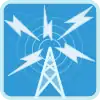 Technology portal
Technology portal -
 Random portalRandom portal
Random portalRandom portal -
 WikiProject PortalsWikiProject Portals
WikiProject PortalsWikiProject Portals












.jpg.webp)




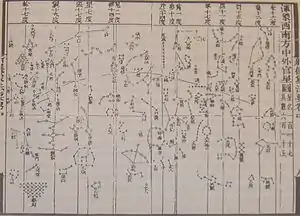
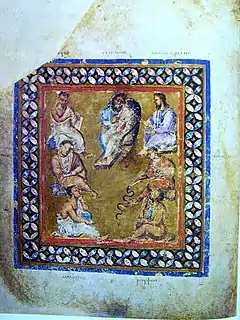
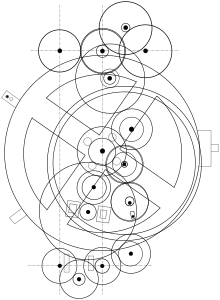

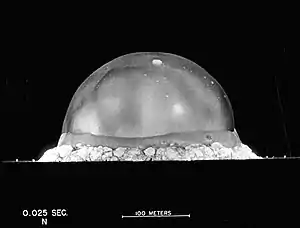
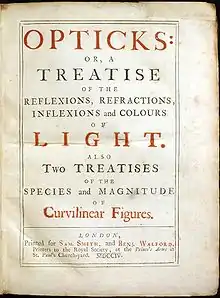
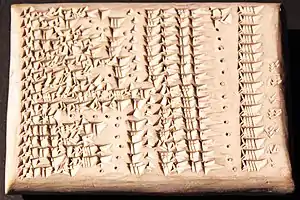

.jpeg.webp)
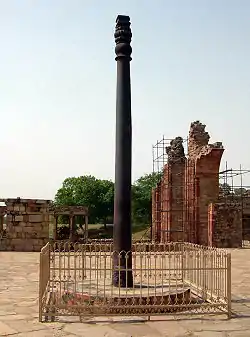

.jpg.webp)




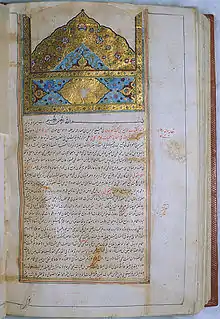
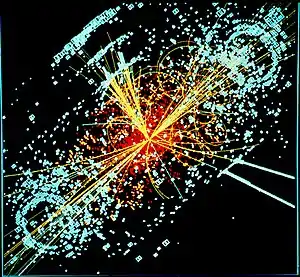
.jpg.webp)
.png.webp)
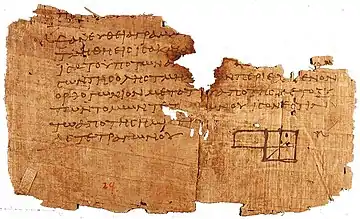
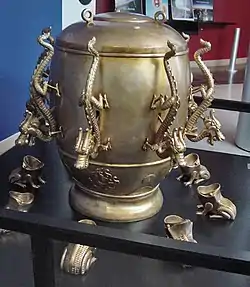

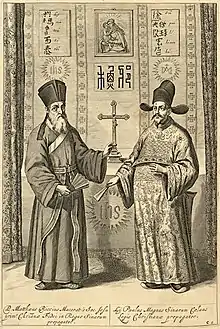
.jpg.webp)

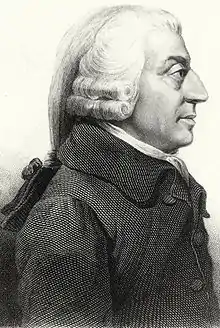
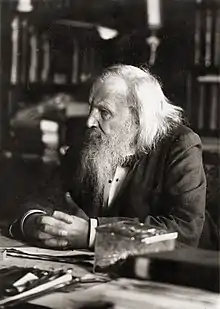

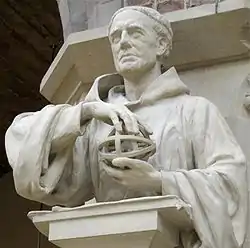

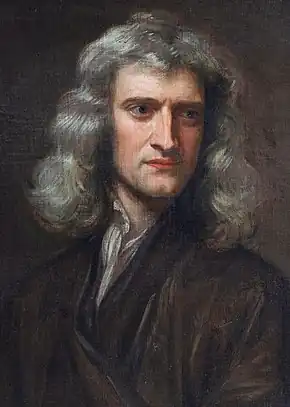
_Venenbild.jpg.webp)
